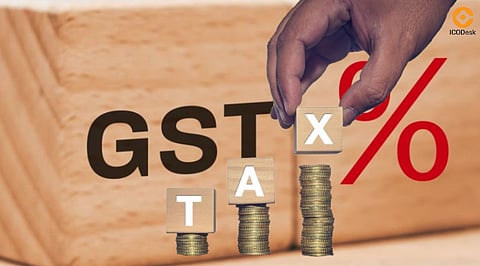

In a historic GST Council meeting led by Finance Minister Nirmala Sitharaman on September 3–4, 2025, the central government presented aggressive recommendations to reform the current GST framework, with an objective of simplification, broader usage, and providing an economic boost during times of pressure on global trade.
Simplified tax structure: Shift away from the current four different GST slabs to two major slabs - 5 percent and 18 percent, while implementing a new 40 percent slab aimed solely at luxury and sin goods.
Reduction in the GST on daily essentials and common goods: Over 400 items (including toothpaste, shampoo, butter, electronics, and subdued cars) - the expectation has been for the GST to be reduced, thus making it easier to afford household items.
Electric vehicle taxation: One significant change involves pushing for a move towards a 5 percent GST rate on EVs, indicating the government's desire to stimulate their growth and usage.
Offsetting revenue loss through luxury sin taxes: High-end EVs - commonly imported models (Tesla, BMW) - could attract significantly higher GST, possibly 40 percent, to offset the overall tax charges.
Karnataka, Kerala, Tamil Nadu, West Bengal, Jharkhand, Himachal Pradesh, Punjab, and Telangana, states governed by opposition parties, expressed concerns about the estimated revenue shortfalls of Rs. 1.5 lakh crore to Rs. 2 lakh crore, resulting from lowered GST rates on broadly consumed commodities. For example:
Karnataka has estimated a loss of Rs. 15,000 crore for this financial year and has requested compensation from the Centre. Telangana has estimated an annual revenue shortfall of around Rs. 7,000 crore, or approximately 15 percent of its GST revenue.
Kerala has faced a revenue loss of almost Rs. 22,000 crore just last year and expects a loss of Rs. 8,000–10,000 crore this year, and has requested a stronger compensation methodology to protect social spending.
The tax panel’s suggestion to raise GST on luxury EVs, advocating for a jump to anything between 5 percent and 40 percent, could have a profound effect on most premium foreign brands, such as Tesla, BMW, or Mercedes.
SBI Research predicted a minor revenue drop of around 3–4 percent overall, but consumption-driven growth would recover in the medium term, resulting in cycles of 5–6 percent recovery over the month.
The GST Council’s ‘next-gen’ reforms aim to reduce tax slabs and lower rates on mass consumption items to stimulate demand; however, one of the most significant issues is how to compensate states that are voicing concerns about being reimbursed sufficiently.
Conversely, discussions around EV taxation suggest that there is an even more nuanced balancing act - ordinary EVs might benefit, whereas luxury variants may end up paying more tax.